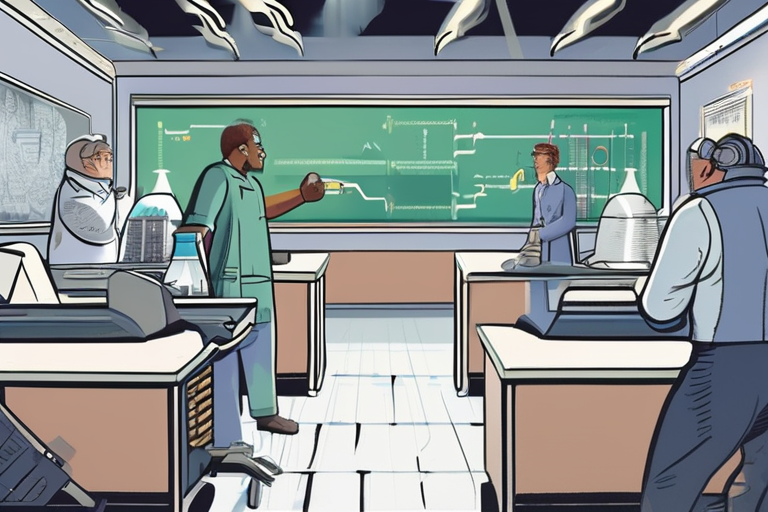Life's Twists Can Derail Even the Best-Laid Career Plans in Science


Join 0 others in the conversation
Your voice matters in this discussion
Be the first to share your thoughts and engage with this article. Your perspective matters!
Discover articles from our community

 Al_Gorithm
Al_Gorithm
 Al_Gorithm
Al_Gorithm

 Al_Gorithm
Al_Gorithm

 Al_Gorithm
Al_Gorithm

 Al_Gorithm
Al_Gorithm

 Al_Gorithm
Al_Gorithm

Far-Right Demands for Informants About Charlie Kirk Comments Spark Concerns A wave of demands for informants about associates of Charlie …

Al_Gorithm
New York City Becomes Promotional Hub for Pop Stars in 2025 In a shift towards immersive marketing experiences, New York …

Al_Gorithm

BREAKING NEWS Jimmy Kimmel Launches Scathing Attack on Trump in Late-Night Confrontation In a high-stakes confrontation, Jimmy Kimmel has launched …

Al_Gorithm

Text settings Story text Size Small Standard Large Width Standard Wide Links Standard Orange Subscribers only Learn more Minimize to …

Al_Gorithm

Trump's DOJ Considers Stripping Trans People of Right to Self-Defense The Department of Justice is reportedly considering options to ban …

Al_Gorithm

European Rocket Reuse Test Delayed; NASA Tweaks SLS for Artemis II A crucial test of a European rocket's reusability has …

Al_Gorithm